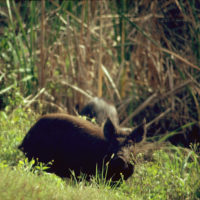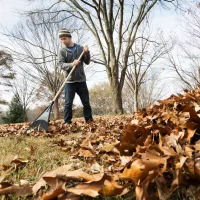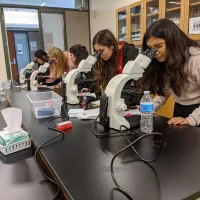
SALEM, Ore.—An adult female feral pig from Central Oregon sampled for disease as part of a surveillance program tested positive for Pseudorabies (PRV), a contagious disease that can harm livestock and also spread to some wildlife species.
This pig was sampled on June 8, 2020 as a part of the ongoing feral pig control and disease surveillance program overseen by USDA Wildlife Services in Oregon. This is the first detection of PRV in a feral pig in Oregon since the surveillance program began in 2007.
Pseudorabies (also known as Aujeszky’s Disease) is a contagious, infectious, and communicable viral disease of livestock, causing neurologic, respiratory, and reproductive disorders. Pseudorabies is not related to rabies, though symptoms may resemble rabies. The disease does not affect humans. Although other livestock species have been known to occasionally become infected, the pig is the only natural host. The commercial hog industry has been PRV free since 2004.
“While the presence of PRV in Oregon has so far been an isolated event, it shows that our disease surveillance program is working, it is too early to know how this disease appeared in Oregon, but additional testing and investigation is ongoing,” said Ryan Scholz, ODA District Veterinarian. “There is no indication that there has been any exposure of domestic livestock in Oregon to the Pseudorabies virus, and this detection does not have any impact on Oregon’s recognition as being a PRV free state.”
Oregon has an aggressive program to capture and remove any feral pigs in Oregon. Beyond their potential to transmit disease to livestock, wildlife and humans, feral pigs cause damage to agricultural crops and fish and wildlife habitat. Their destructive rooting and grubbing activities increase erosion and degrade water quality in streams; encourage the growth of noxious weeds; and can cause millions of dollars in agricultural, environmental and property damage.
Landowners and land managers are required to notify OFDW within 10 days of becoming aware of free roaming feral swine on their property. Then they have 60 days to submit a feral swine removal plan to the department for approval, with ODFW providing technical assistance. This rule has been in effect for about a decade, after the 2009 Oregon Legislature passed House Bill 2221.
The program has been successful in keeping feral swine populations from growing in Oregon, with the current estimated population decreasing from 5,000 in the early 2000s to possibly 200 today. The successful reduction in numbers of feral swine in Central Oregon is due to the partnerships between USDA Wildlife Services, Wasco County Soil and Water Conservation District, ODFW, private landowners and a few dedicated private citizens.
For more information on what to do if you detect feral swine on your property and biosecurity tips, please visit ODFW’s web page or ODA’s web page.















